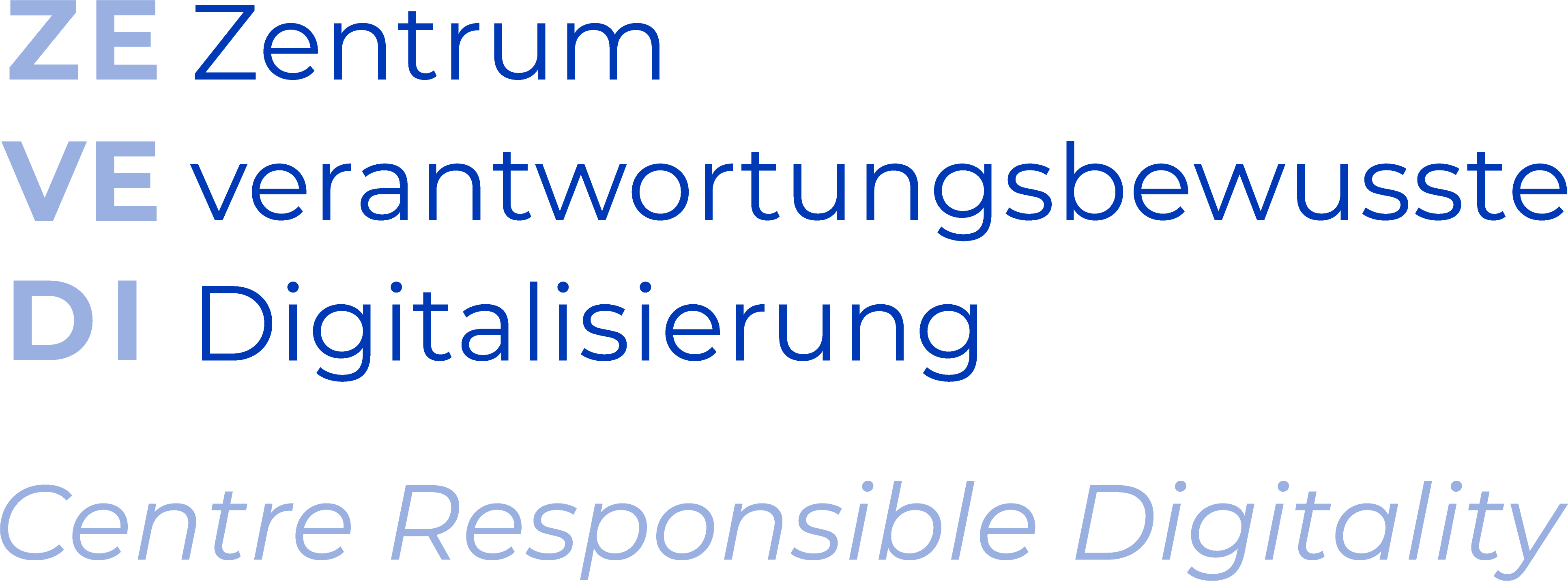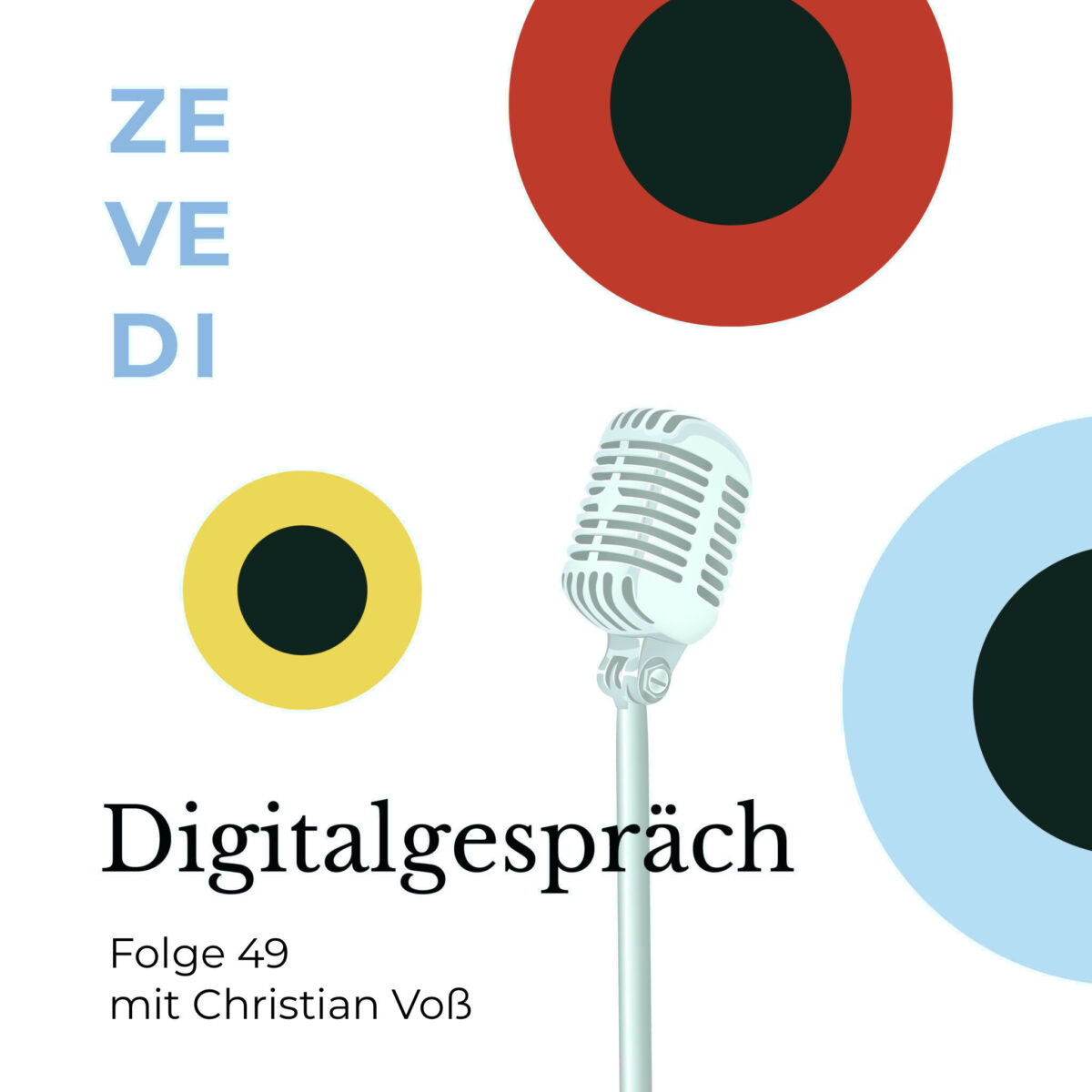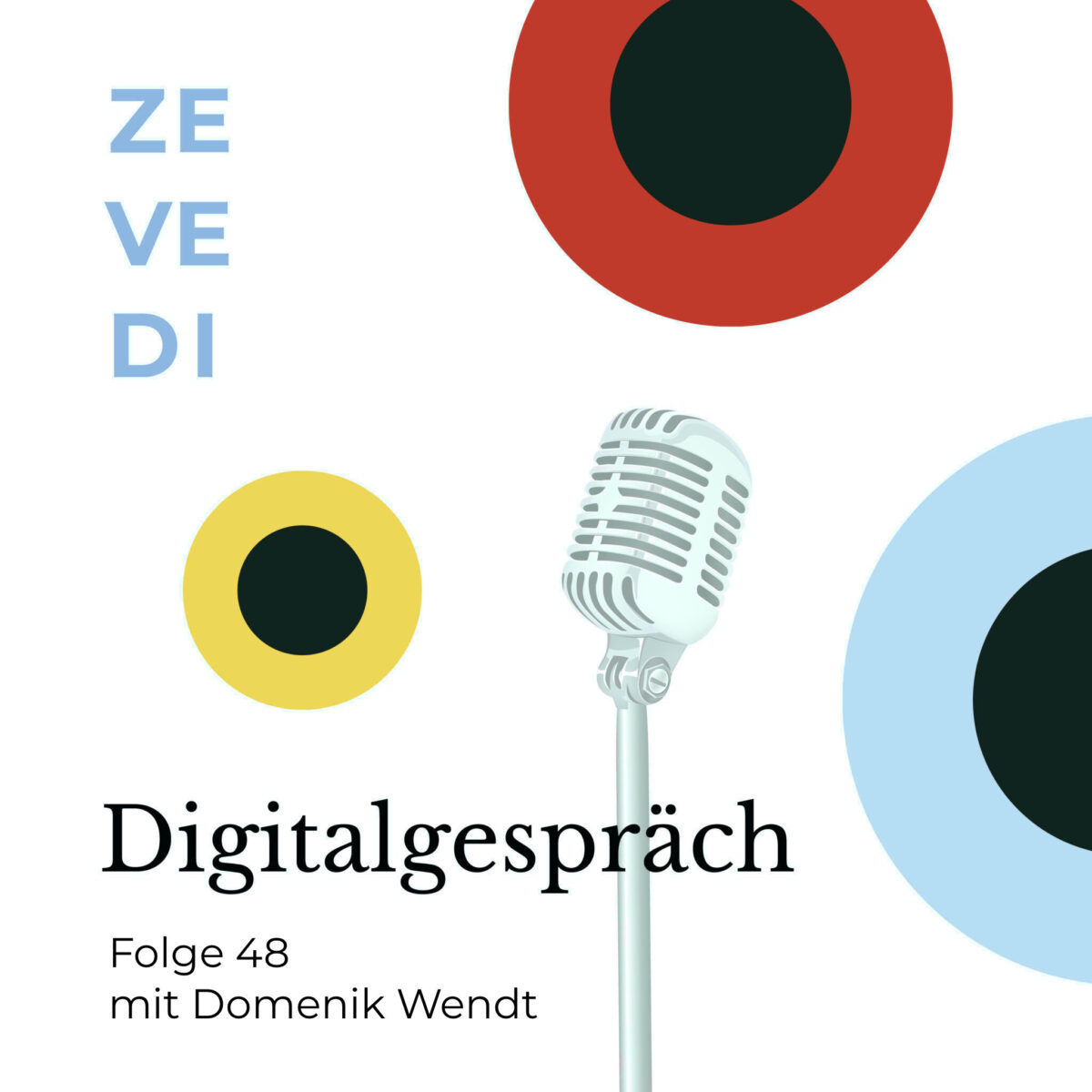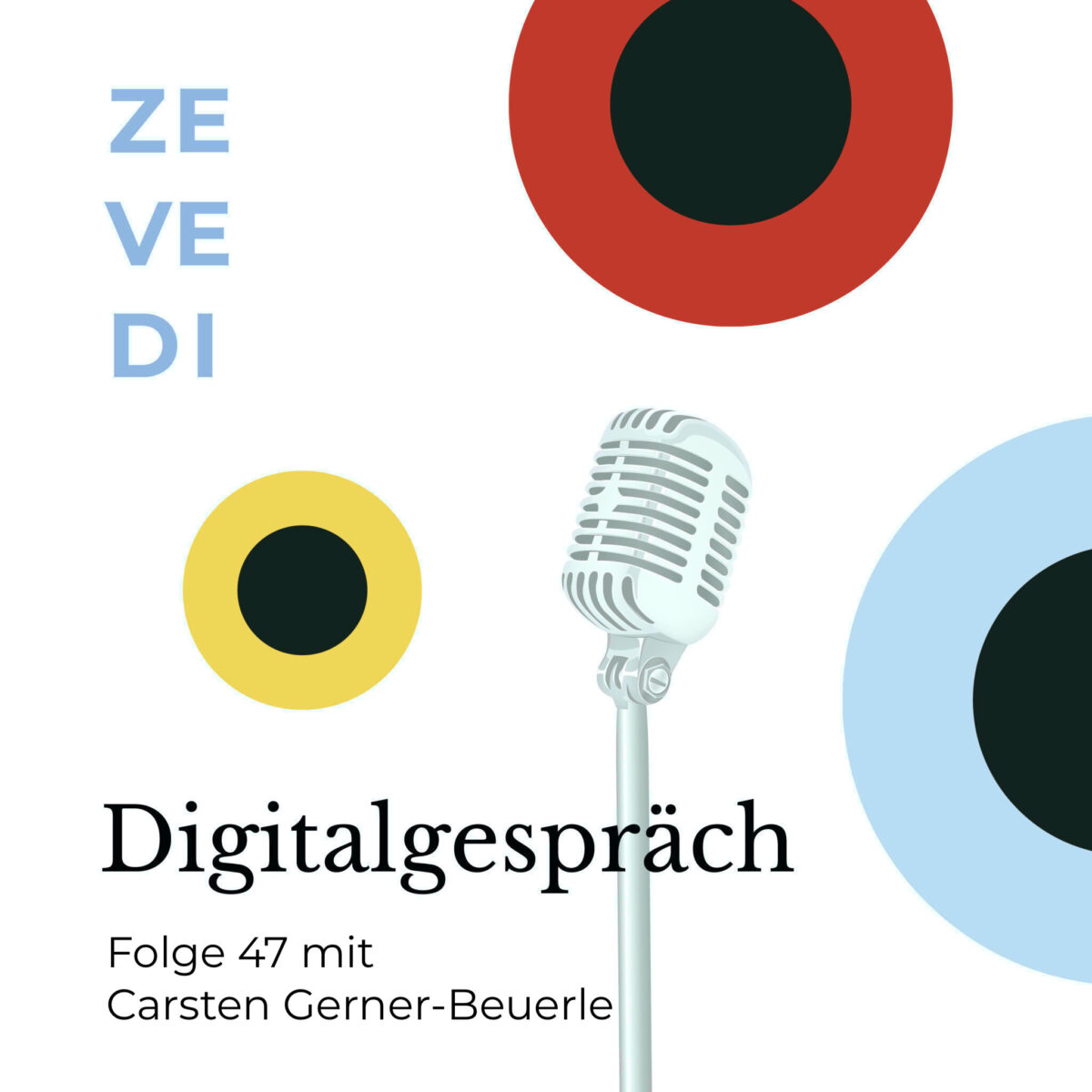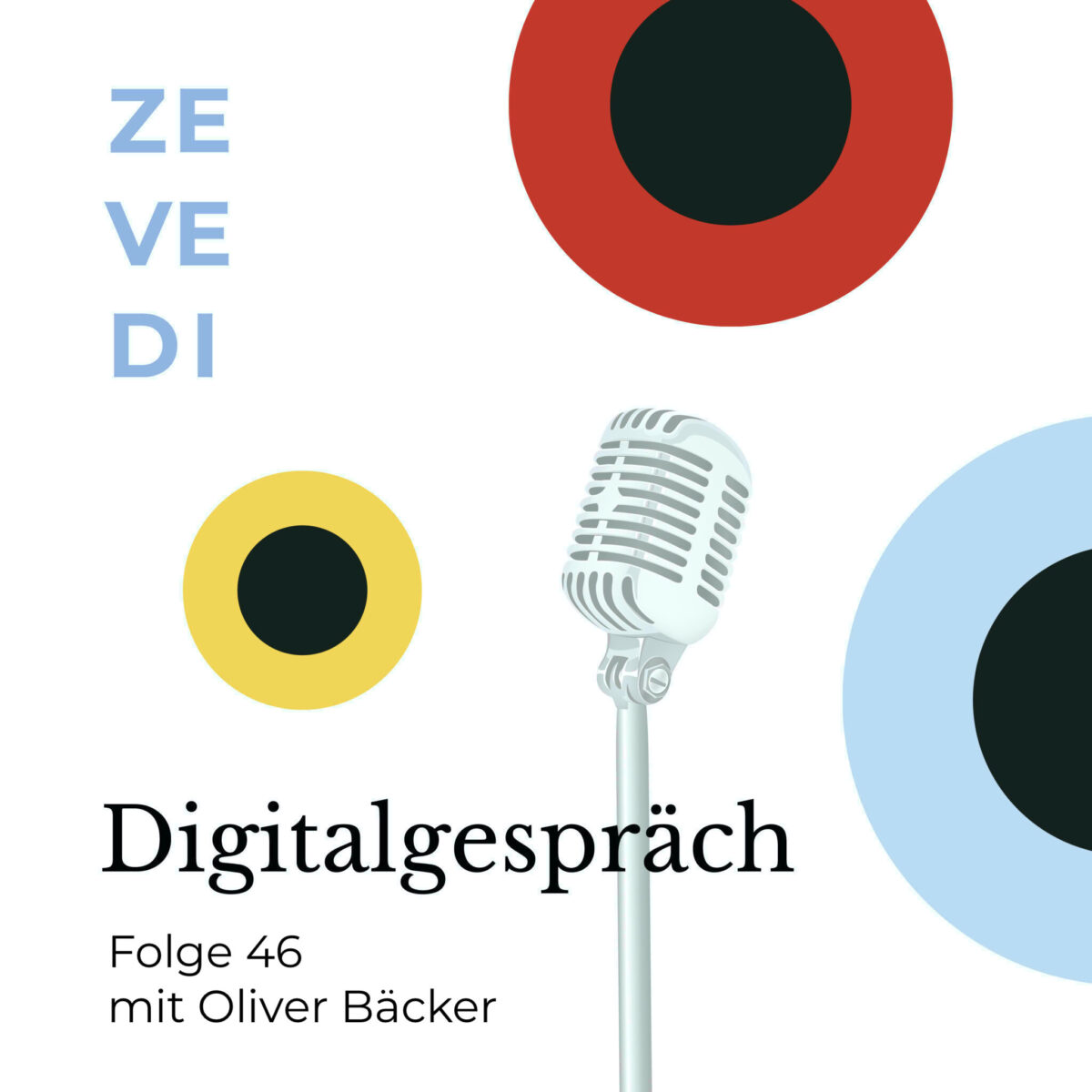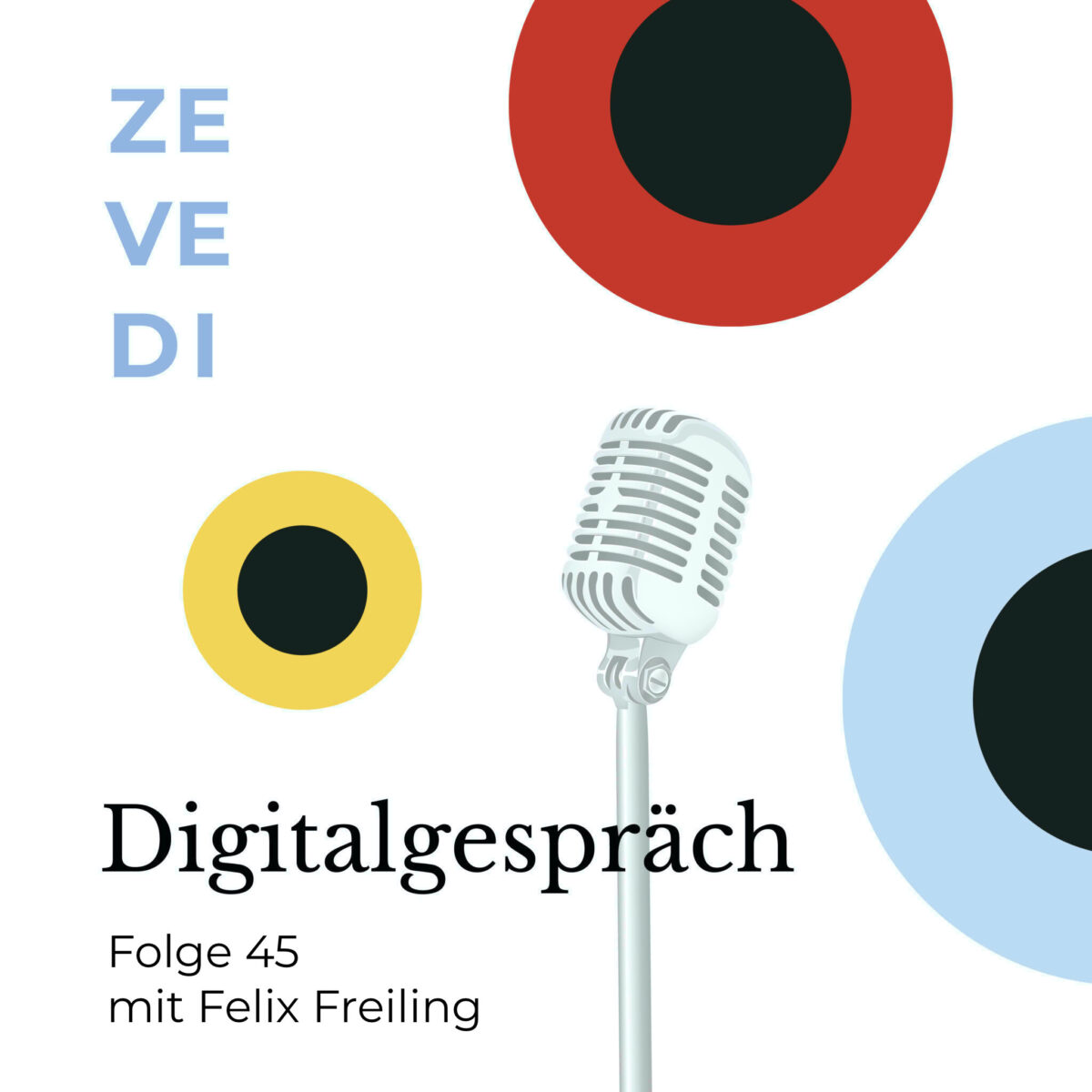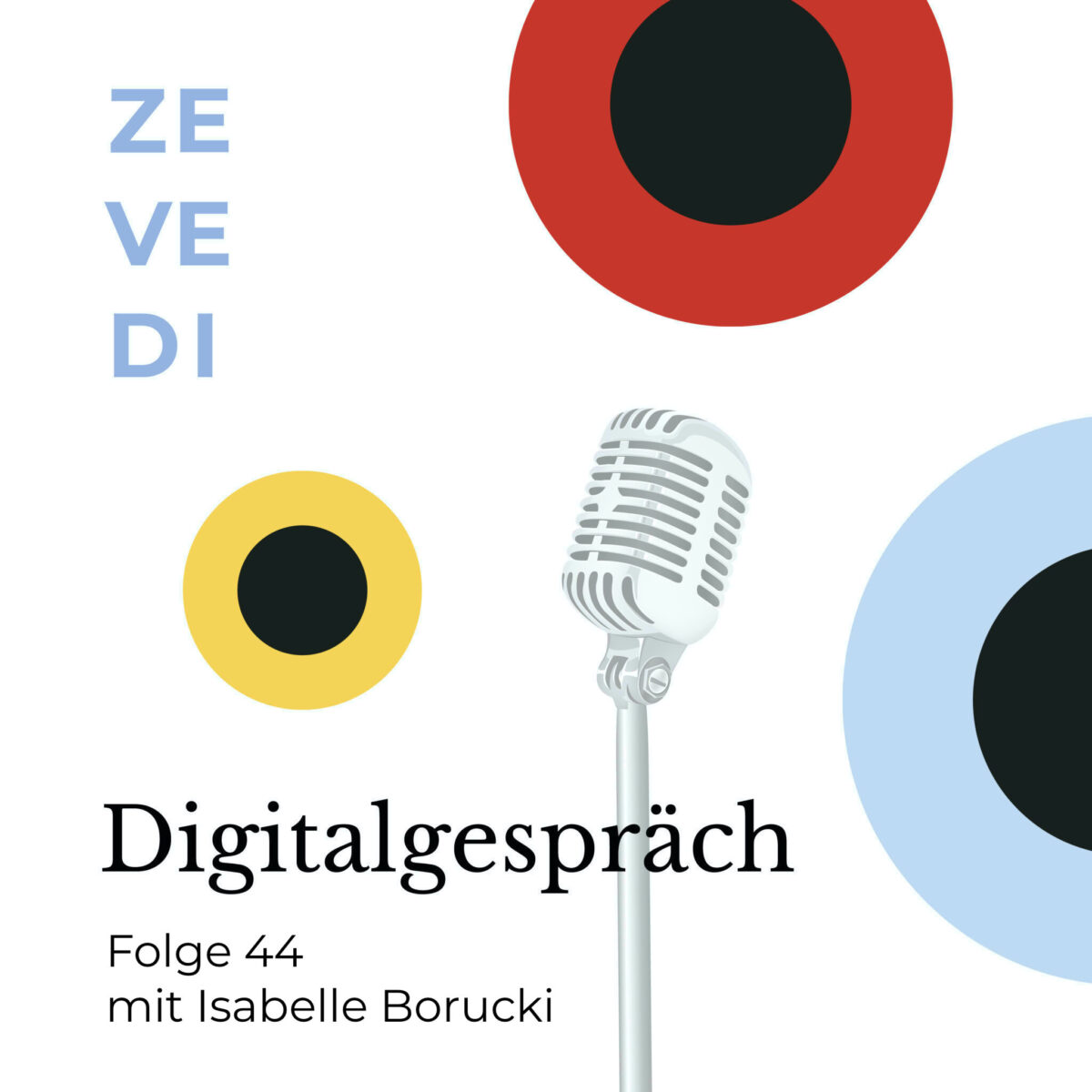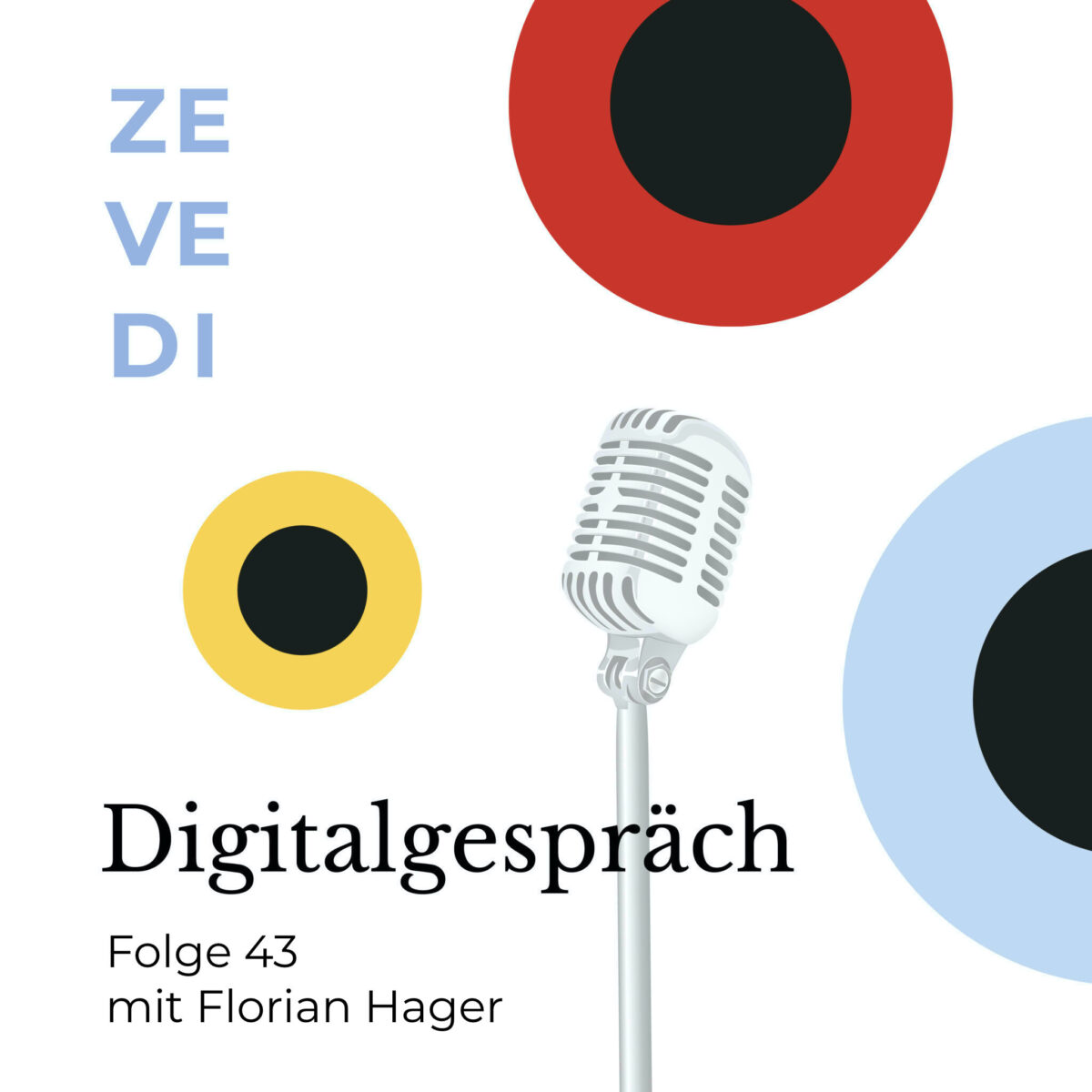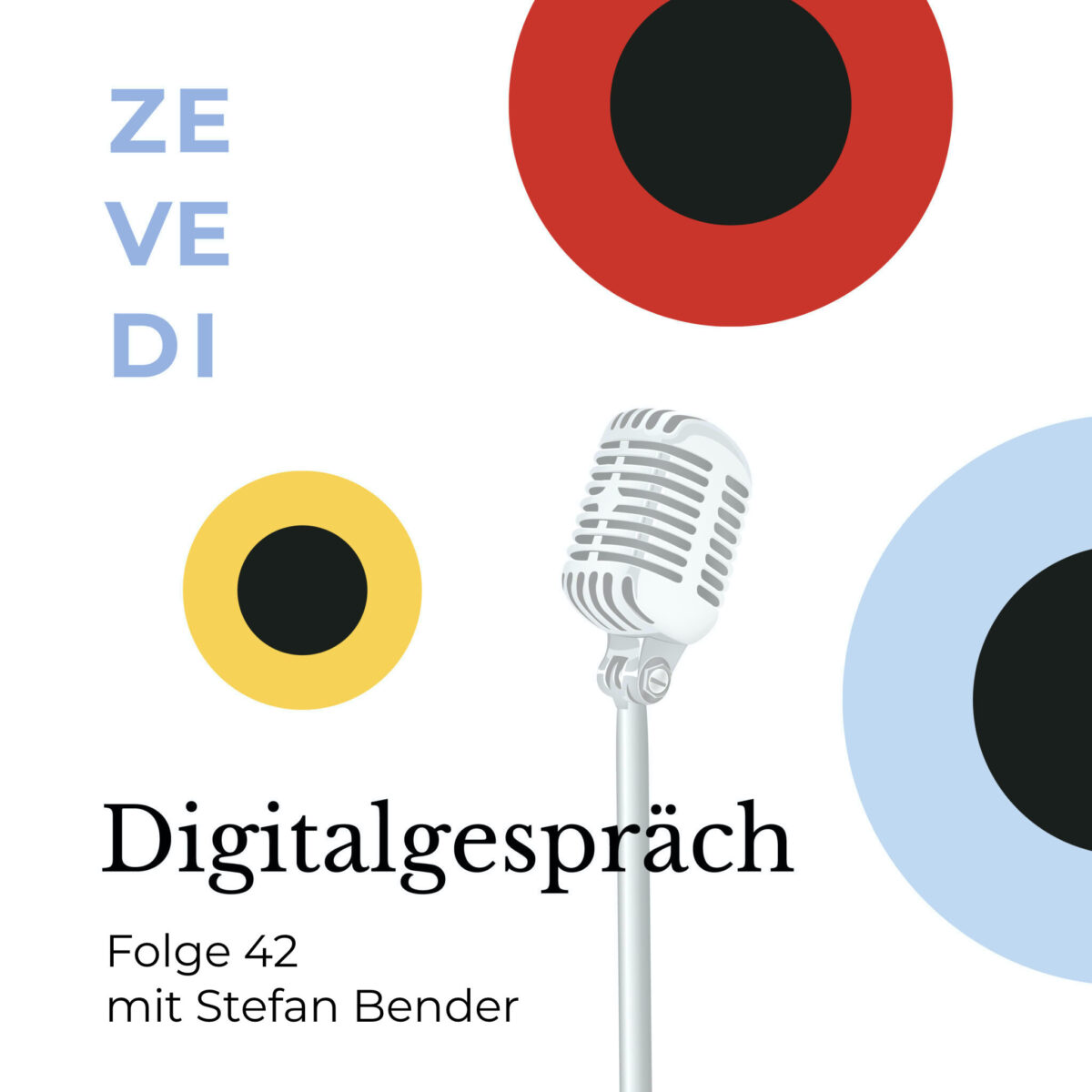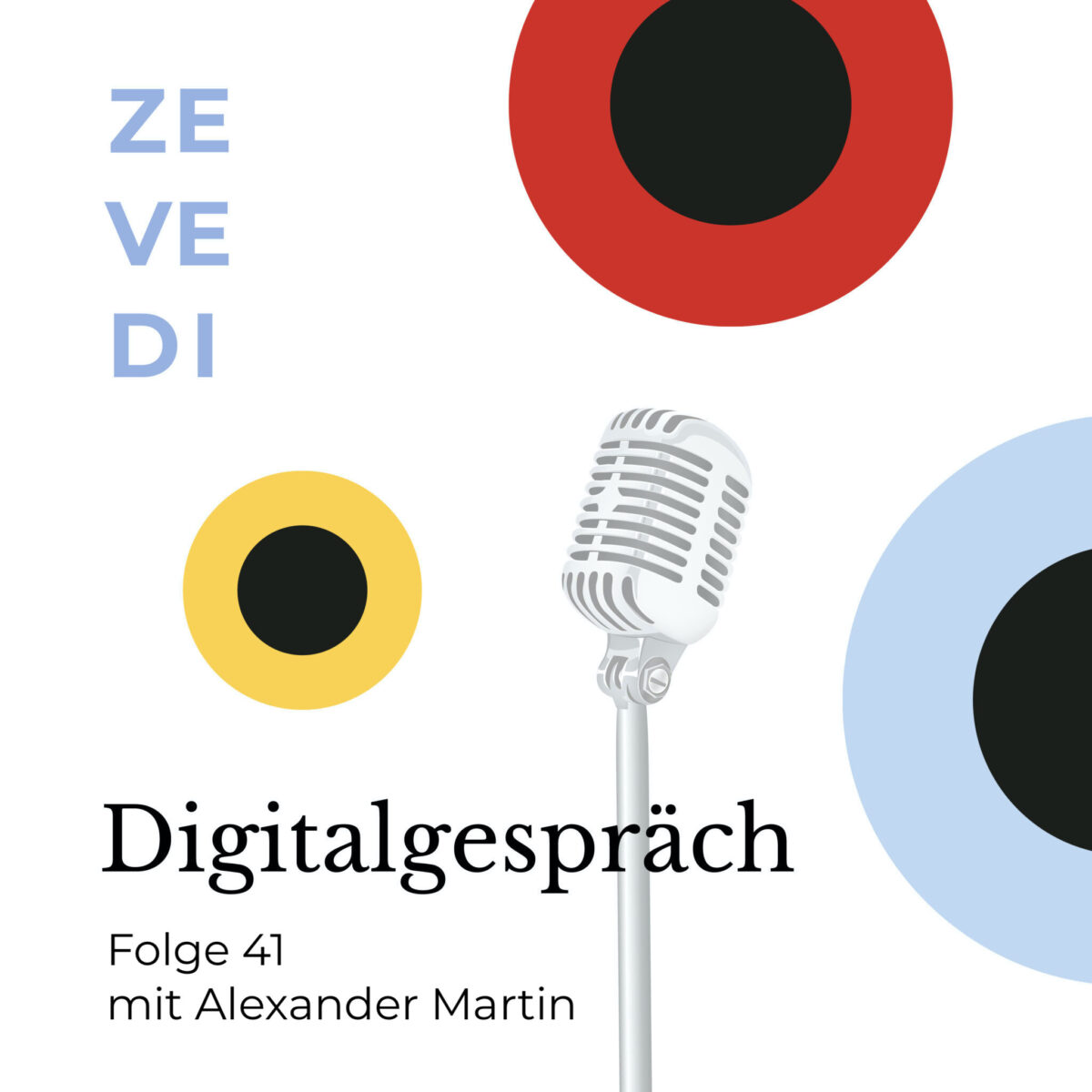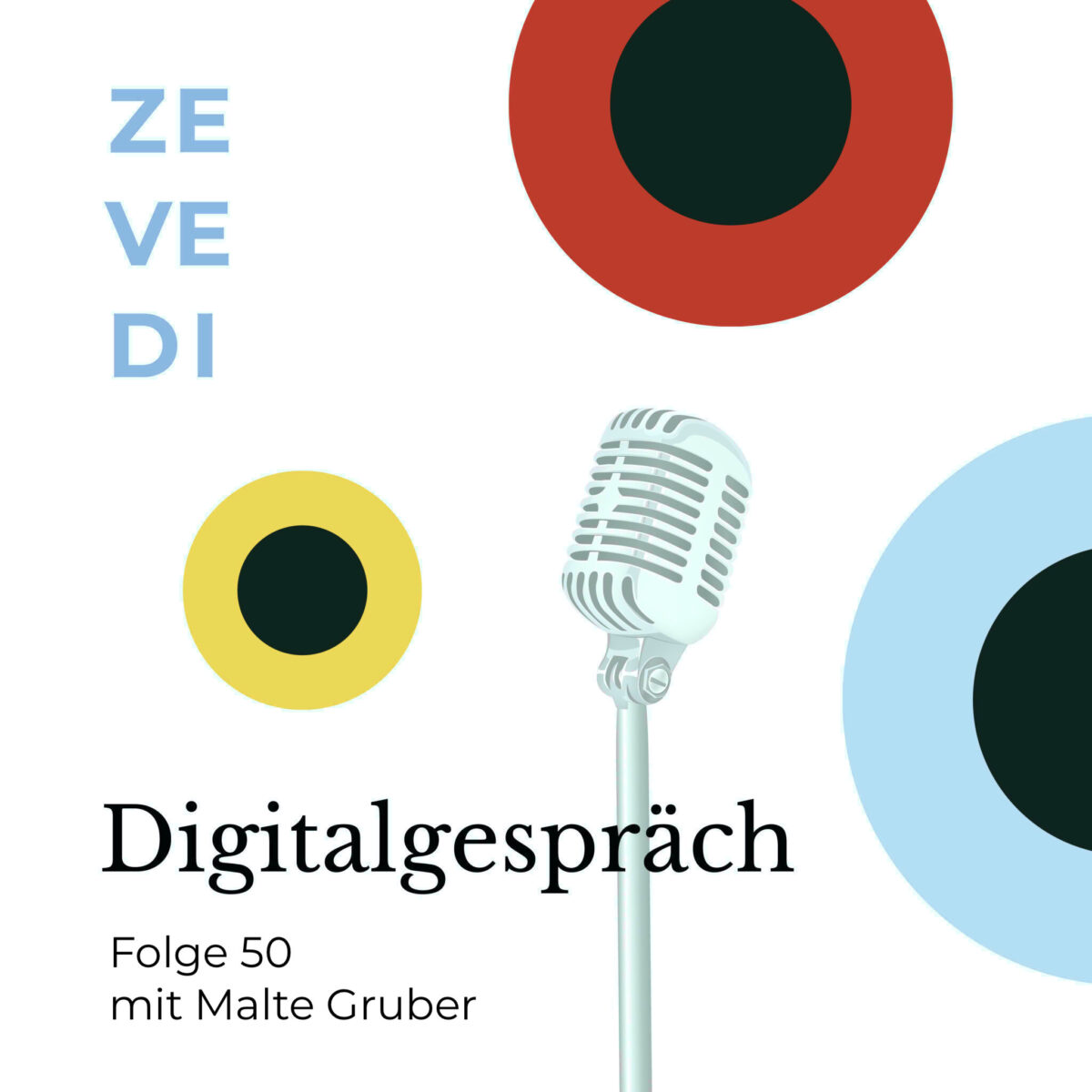
The term “virtual twin” originates from engineering. There, it describes digital models that are used to map, optimise and simulate real technical systems or processes in what is known as the Fourth Industrial Revolution. Such models are widely used today. What has not yet been realised is the idea that, in addition to technical systems, individual people or groups could also have such virtual representations from which their “system states” can be read. Such a holistic model could be used to optimise the overall state of “health”, for example. A large amount of data and complex software would be required to create such a “twin”, maybe even including “behaviour”. Corresponding ideas exist, and some of the visions go so far as to imagine the digital image of an entire person with body data and mental characteristics. The hope is that it will be possible to predict the development of a person’s state of health or plan individualised treatment in the event of illness. A “virtual human twin” would also be able to provide behavioural advice for optimal bodily functions and performance. It would potentially accompany its human counterpart throughout its life, measure it and also shape it through its influence. Until now, such ideas have been regarded as mere pipe dreams by experts. However, the EU is now actually planning to introduce “European Virtual Human Twins” for the medical care of its citizens – in any case, the path for this opening up. Is such a vision compatible with our current data protection laws? And what does this mean for a socially just and democratic healthcare system if it is to respect different lifestyles and values?
Malte Gruber is Professor of Civil Law and Philosophy of Law at Justus Liebig Universität Gießen and specialises in information law and the law of the digital economy, as well as technology law and the law of life sciences. In this episode of Digitalgespräch, the expert describes which concepts of “virtual human twins” play a role in current debates and developments, what motivates the EU Commission’s initiative and which legal and social questions arise if corresponding visions are to be realised. Together with hosts Marlene Görger and Petra Gehring, Gruber discusses realistic scenarios between hype and dystopia, which aspects are still receiving little attention in the current debate and what the vision of the future medical product “virtual human twin” reveals about our current relation to our bodies.
Further informationen:
Zur Ankündigung der “European Virtual Human Twins Initiative” der EU Kommission: https://digital-strategy.ec.europa.eu/en/policies/virtual-human-twins
all episodes of Digitalgespräch»
The podcast is in German. At the moment there is no English version or transcript available.
